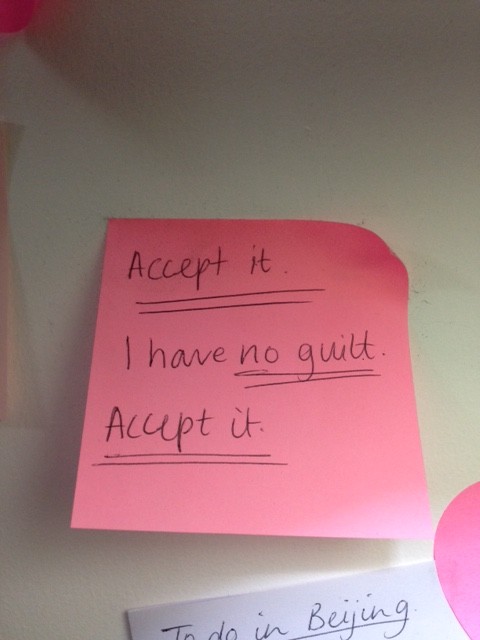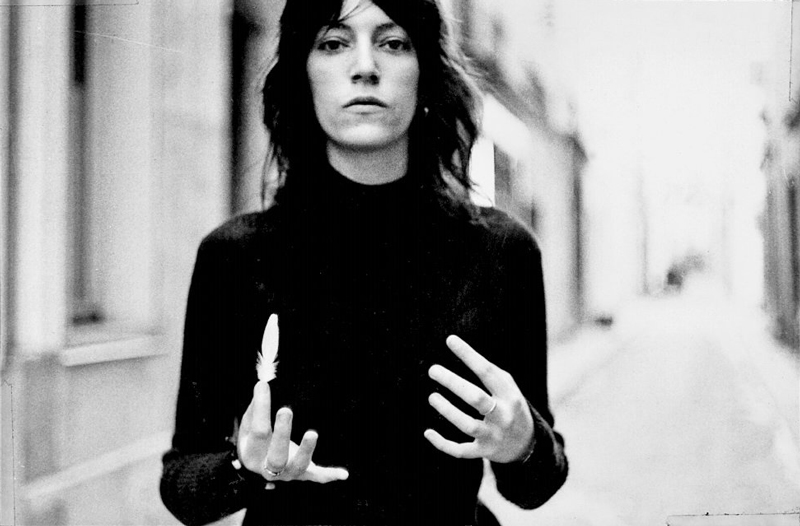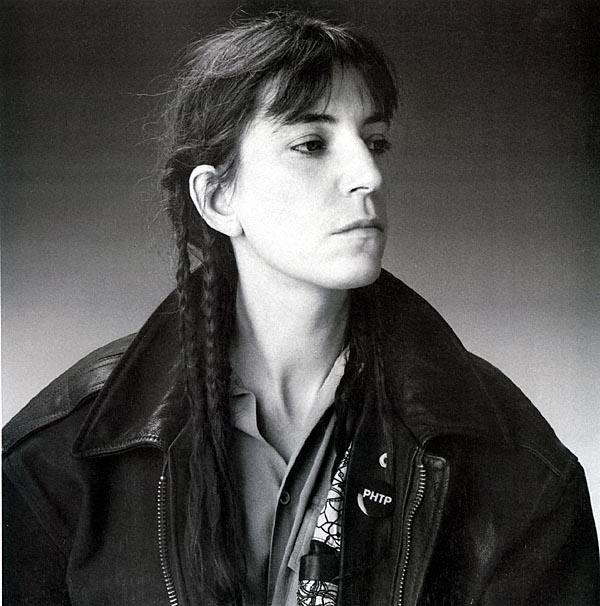Guilt and Regret: Practicing Self-Forgiveness
We make ourselves feel guilty about all manner of things. Appearance, weight, eating, drinking, exercise, accidents, things we’ve said or done…
I feel I have wasted days, months, maybe years of my life on guilt and regret.
I tend to beat myself up about all kinds of stuff. I am ambitious and competitive. I hate not being the best I can be, and I judge myself against some fictitious idealized version of who I think I could be, or who I think I could be seen to be. I compete against myself, and nothing I do is ever quite good enough for myself.
While ambitions and high expectations give you a goal to work towards, a reason to keep striving, they can also be incredibly destructive. I make myself feel guilty for not achieving far-off dreams immediately, and regret not starting my efforts sooner or working harder.
I am my own worst enemy.

There are, of course, things I’ve done that I’m not proud of. Mistakes I have made, things I have done that have made lives more difficult (mine or others’), or remarks I have made and later wished I hadn’t (something like the opposite of l’espirit d’escalier or staircase wit).
I’m not going to air my dirty laundry in public. I’m pretty sure nobody should be made to feel they ought to, and I’m even surer everyone’s got things they’re not eager to discuss with the world. How many humans alive today can honestly say they are proud of every single tiny act of their lives?

Just because there are things you’d rather not boast about doesn’t mean you have to carry them around, letting it all weigh you down until you collapse under the pressure of your own swirling emotions. How is that process conducive to getting on with your life?

What purpose do guilt and regret actually serve? Do these emotions truly tell you how you feel? Or are they socially inflicted? Does that conscience of yours tell you what’s best for you or what social morality says you should feel?
A recent and inspiring conversation brought up the phrase:
‘I’ve been practicing self-forgiveness a lot more for the past six years – we’re getting along better as a result’.
My companion remembers, distinctly, the point in his life at which his resolve changed. Changed for the better. He is able to look back and see an image of where this new phase began. So I began to think about the ways in which I’ve dealt with these emotions.
Somehow, idioms seem to return at trying times:
Worse things happen at sea.
I have crystalline memories of moments in which I told myself this. I have no idea why, but it almost became like a mantra to me during a difficult period of my life.
I continually find renewed inspiration in Patti Smith, who has saved me from myself more than once. Her lyrics include two of my favourite and often repeated phrases. The first is: ‘I’m an American artist, and I have no guilt’. Following her example, all I have to do is declare myself to the world and somehow the air around me clears so I can see things in context.

(Image via)
Secondly, her song/poem Babelogue begins with: ‘I haven’t fucked much with the past but I’ve fucked plenty with the future’. Patti doesn’t look back. She knows she’s changed the future, her future, the world’s future, and she owns it. I draw so much energy from these statements, every time I hear or say them.

(Image via)
So much potential, so much energy that goes into regret, guilt and self-torment could go into something far more positive. Imagine the possibilities, if everyone began practicing self-forgiveness and left the past where it belongs. It would be immense!
If you enjoyed this post, why not check out ‘Get Real: My Journey to Escaping Escapism’?
Tags: accept guilt past Patti Smith regret self-forgiveness
Categories: From the Heart Mirror Mirror: Self Improvement
1 Comment